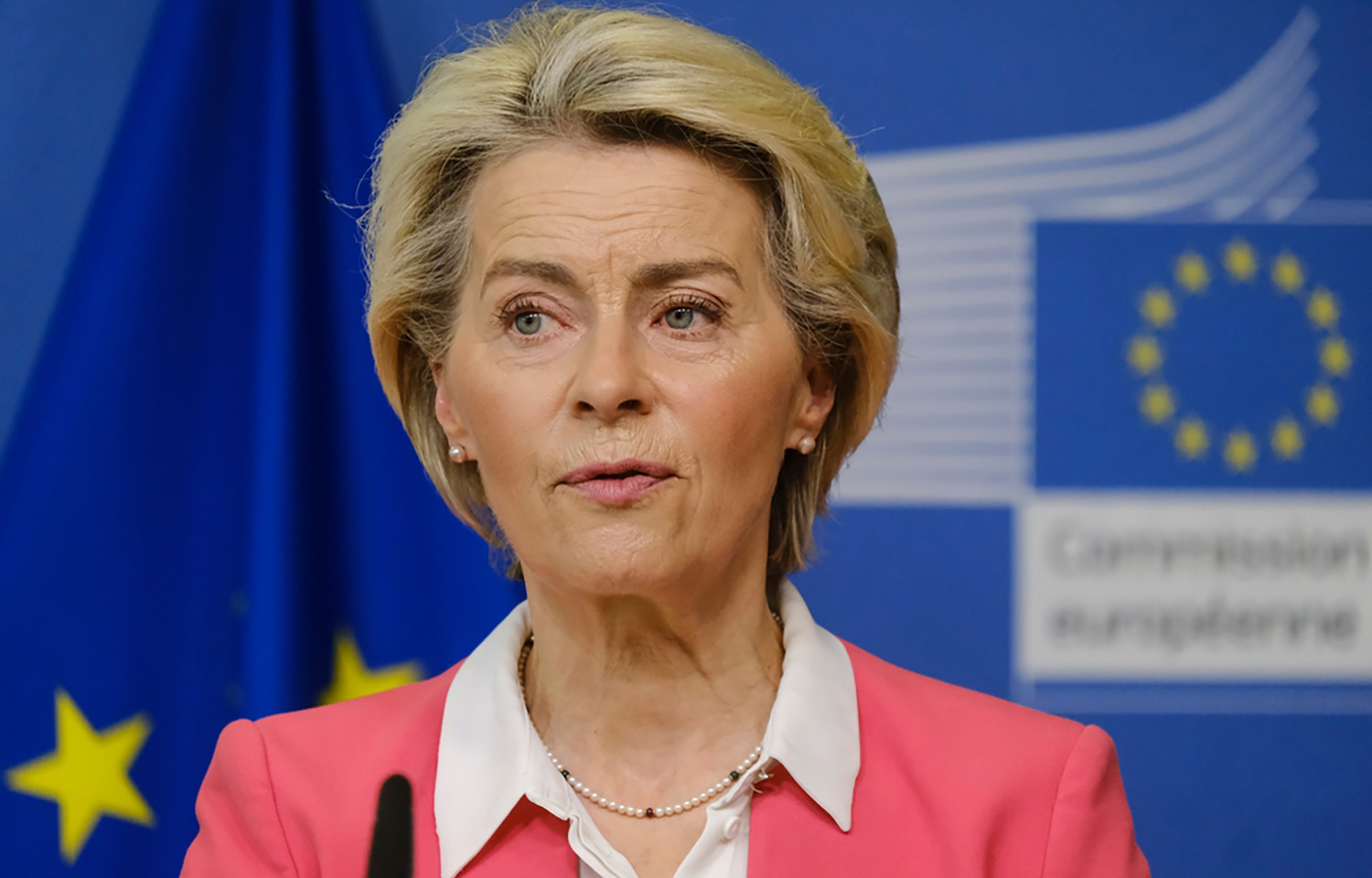In the recent European elections, Ursula von der Leyen won a second term as European Commission president.
With her reelection, the E.U. fisheries sector, including fisheries trade body Europêche, is greatly hoping she fulfills her pre-election commitment to appoint a full-time fisheries commissioner who could elicit a better balance between conservation, sustainable use of natural resources, financial viability, and food security.
“Europêche is hopeful that this change will provide fisheries more political weight within the Commission’s structure and agenda, enhanced support for the sector, and balanced E.U. policies that will help the sector thrive, unlike the current situation,” Europêche Managing Director Daniel Voces told SeafoodSource.
Voces’s organization is also optimistic that von der Leyen’s announcement indicates a shift toward greater bloc-wide recognition and understanding of fisheries concerns, as well as the sector's importance to society overall. Furthermore, it hopes through the launch of an evaluation on the E.U. Common Fisheries Policy (CFP), announced on 20 June 2024, the Commission will show increased sensitivity toward fishing companies’ and fishers’ concerns.
“We expect the Commission to put forth similar efforts to address the issues in our sector as they are currently making in the agriculture sector,” Voces said.
Nevertheless, anxieties linger in the E.U. fisheries sector. Voces said that the E.U.'s decision to cut EUR 105 million (USD 113.8 million) from the current European Maritime, Fisheries, and Aquaculture Fund (EMFAF) from 2025 to 2027 has added to the pessimism.
“These budget cuts reinforce the perception that the E.U. is neglecting the primary sector and not prioritizing it. This is certainly not a step forward,” he said.
This move carries some hypocrisy, according to Voces, who said that during Covid-19 fishers were recognized as “essential workers” but that this recognition has not been reflected in many E.U. policies. Voces said that current decision making has left fishers feeling they are regarded as dispensable, and are used as leverage in trade agreements with third countries.
“Gradually, thanks to the momentum created by demonstrations from farmers and fishers, as well as the call from some governments and political groups, E.U. authorities are beginning to listen more attentively,” he said. “However, we have not seen any concrete reforms so far.”
Elsewhere, Virginijus Sinkevičius vacated his position as European commissioner for the environment, oceans, and fisheries after being elected as a member of parliament for Lithuania, his home country.
Europêche acknowledged the outgoing commissioner carried out services that were “extremely quick and efficient,” especially in adopting financial aid measures, and that he oversaw an overall improvement in fish stocks. However, the organization largely said his tenure was marred by …








